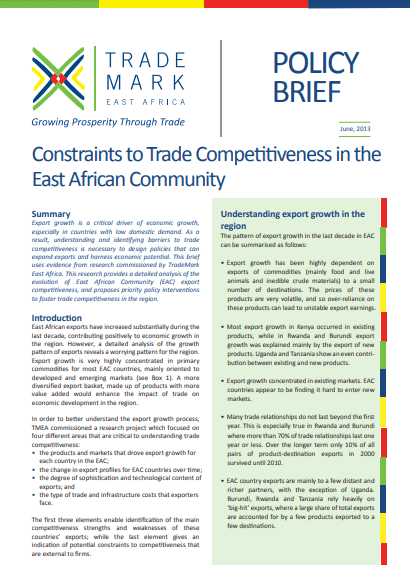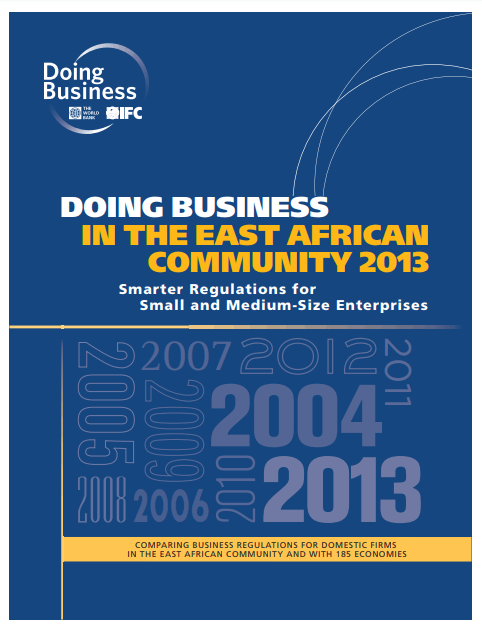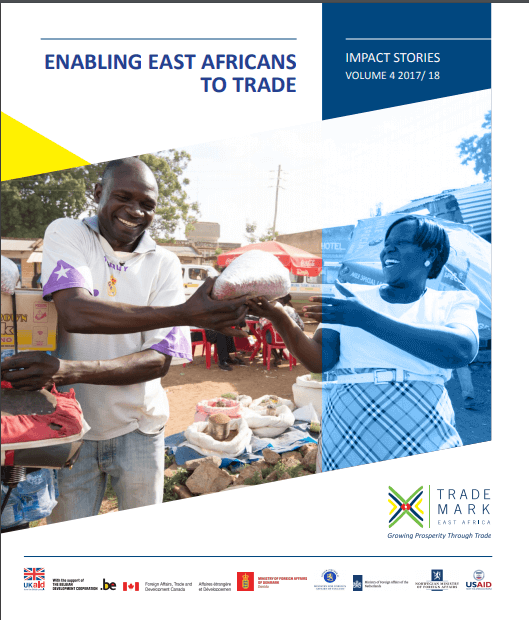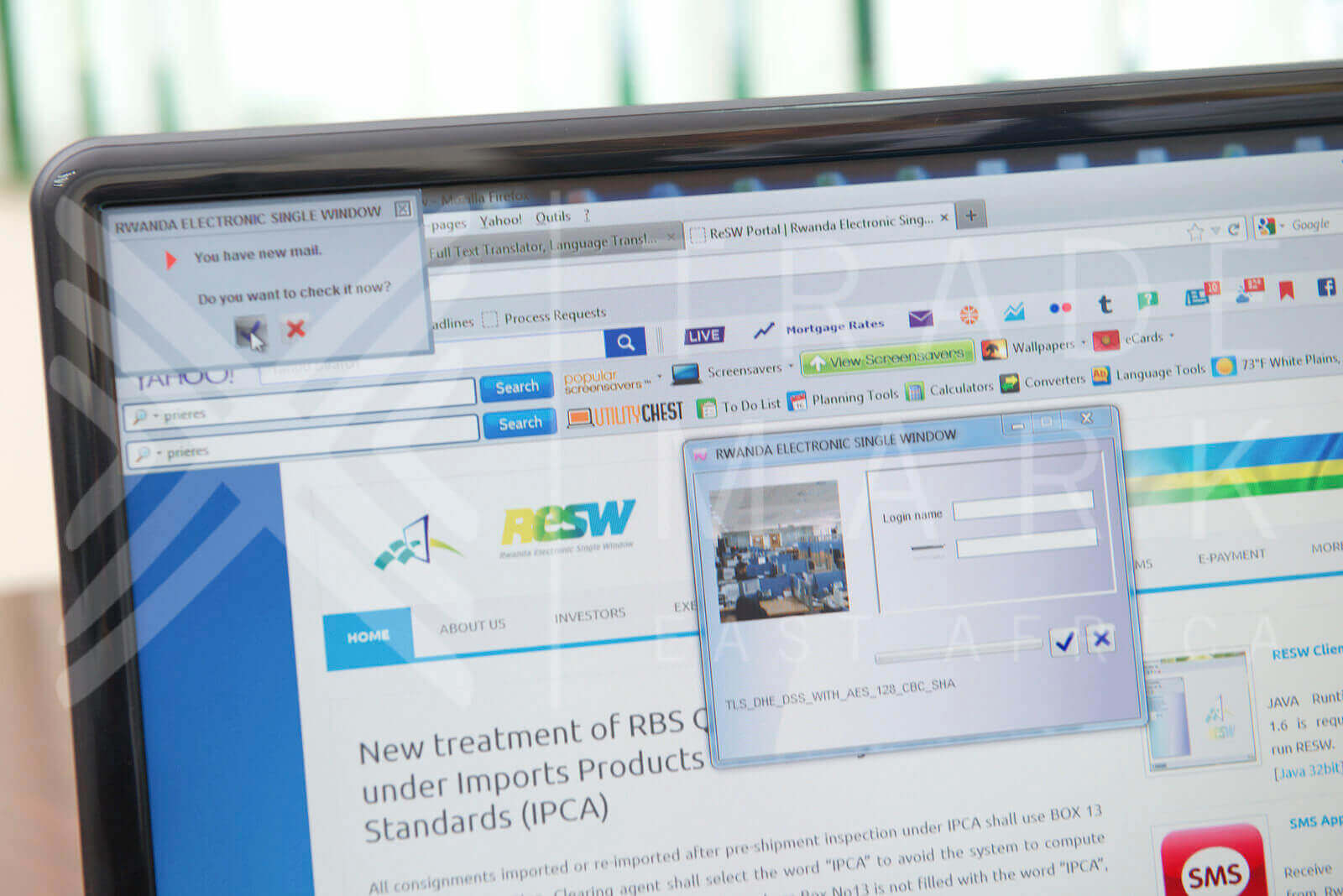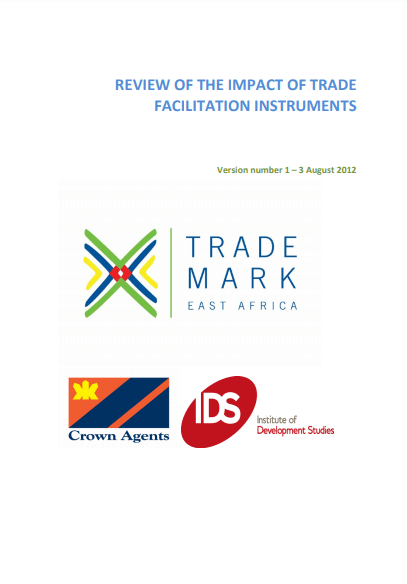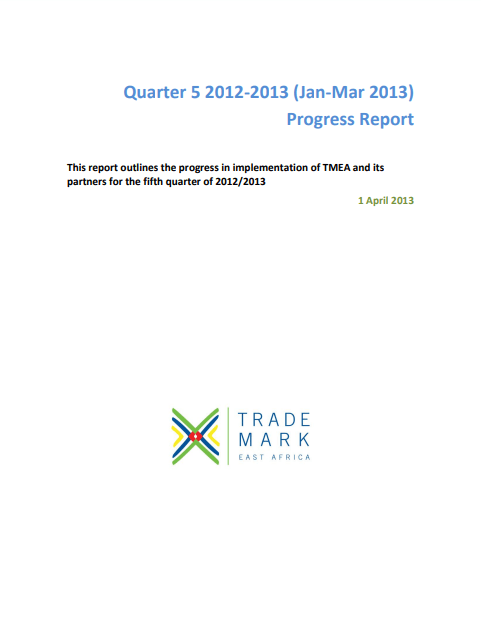[vc_row][vc_column][rev_slider slidertitle="Single Window Information for Trade (SWIFT) – Zanzibar Food and Drugs Board" alias="single-window-information-for-trade-swift-zanzibar-food-and-drugs-board" offset=""][/vc_column][/vc_row][vc_row][vc_column][custom_inner_menus select_menu="project"][/vc_column][/vc_row][vc_row][vc_column][single_project_block_1 heading="Single Window Information for Trade (SWIFT)" implementor="A number of single window projects will be implemented. Implementing organisations include: Kenya Shippers Council, Federation of East Africa Freight Forwarders Association (FEAFFA), Kenyan Transport Association (KTA), Tea Board of Kenya. Tanzania Bureau of Standards, Tanzania Food and Drug Authority. Uganda National Bureau of Standards, Uganda Ministry of Agriculture, Animal Industries and Fisheries. Rwanda Bureau of Standards, Pharmacy and Poison Board, Ministry of Health Rwanda, Rwanda Development Board, Ministry of Agriculture Rwanda. " target_group="Importers and exporters in East Africa" project_value="US$ 4,614,777" implementation_period="2011 - 2014" download_btn_text="Download Project PDF" download_btn_link="#url"]Traders in the EAC can spend many days visiting multiple government agencies to obtain regulatory information permits, trade licenses and clearance certificates to enable them complete import and export processes. These delays increase the cost of doing business in East Africa. What: Public sector agencies in our target countries are developing an electronic single window which enables cross-border traders to access, apply for and submit regulatory documents at a single location. How: TradeMark Africa is providing financial and technical assistance to conduct the mapping exercise and build the IT infrastructure that will host the portals. Contact: Alban Odhiambo: [email protected] Click here to learn more about One Stop Border Posts Program[/single_project_block_1][/vc_column][/vc_row][vc_row][vc_column][single_project_block_2 heading="Desired Results" image_1="42894" image_2="42892"]The single window will minimize time taken to complete standard import and export processes across the EAC, increase user- compliance with trade procedures, and decrease the time it...

